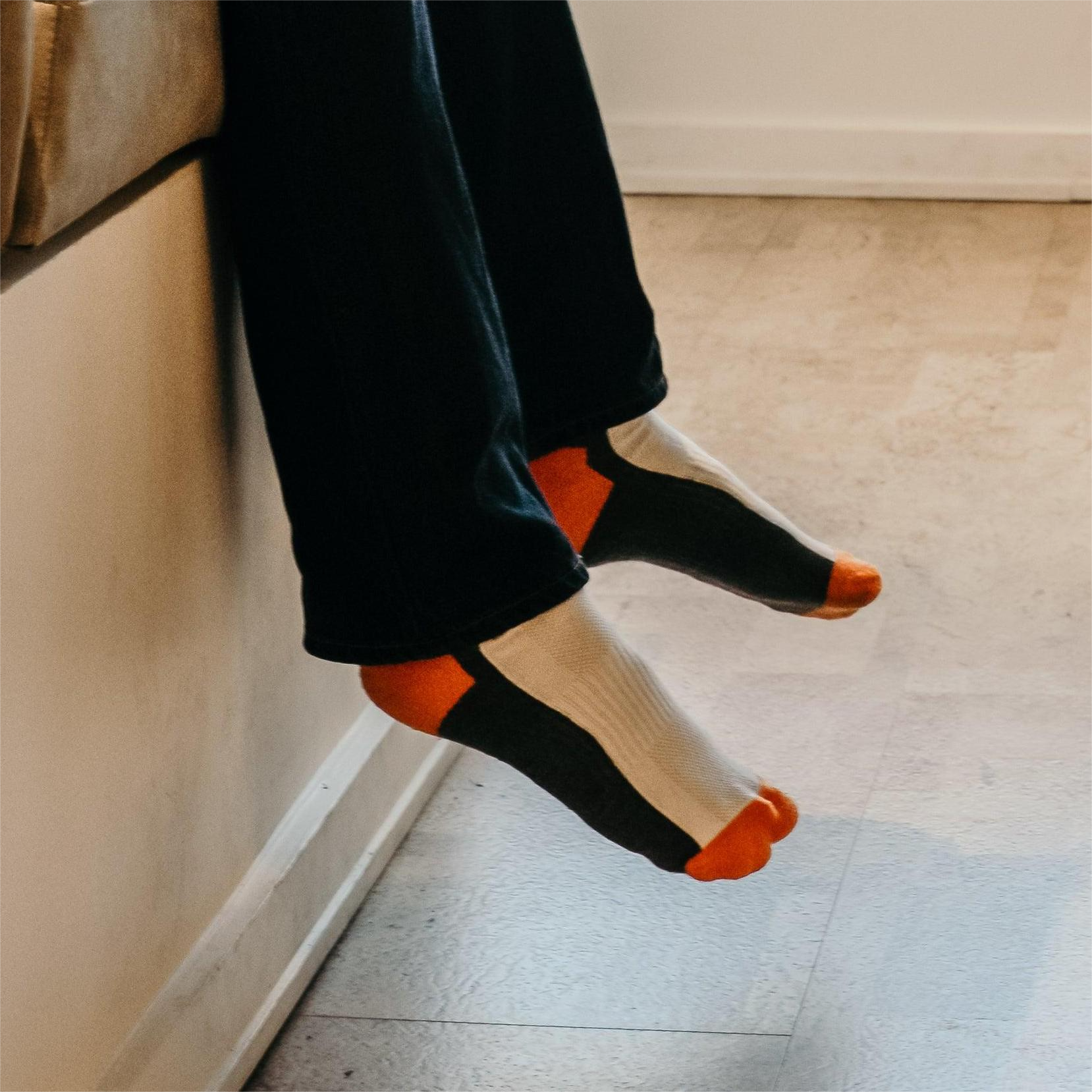What are Flat Feet?
Flat feet, medically termed as 'pes planus,' is a condition characterized by the absence of a normal arch in the foot. This leads to the entire sole of the foot making contact with the ground while standing. Often developing over time, flat feet can stem from a weakened posterior tibial tendon—the key supportive structure for the arch of the foot. This tendon stretches from above the ankle joint to the arch and is susceptible to overuse, inflammation, and tears, potentially leading to 'fallen arches.'
The Genesis of Flat Feet: Hereditary and Acquired Causes
While genetics play a pivotal role in foot shape and arch configuration, multiple factors can contribute to the development of flat feet:
- Damage to the posterior tibial tendon is a common culprit for collapsed arches.
- Excessive weight or the physical changes during pregnancy can overburden the arches, causing them to flatten.
- Systemic conditions such as rheumatoid arthritis and diabetes are also known to cause this condition.
- The natural aging process may lead to a gradual flattening of the arch.
Flat Feet Prophylaxis and Remedies
Inherited flat feet may be unavoidable, but ensuring proper foot protection can mitigate complications. Suitable footwear provides significant relief for those without associated pain. For others experiencing discomfort or related issues, orthotic inserts or arch supports are often recommended.
Lifestyle adaptations to stave off acquired flat feet include choosing shoes with ample toe room and solid heel counters for support. Outer soles designed to counteract overpronation can be beneficial. High heels are best avoided as they can exacerbate forefoot stress.
Navigating Life with Acquired Flat Feet: Prevention in Daily Routine
For those with acquired flat feet, daily preventive measures are essential. Opt for footwear that allows for natural toe spread, reducing forefoot pressure. Seek out shoes with robust heel support to safeguard the tendons and maintain foot stability. Regular check-ups with a healthcare provider can guide appropriate management for any associated conditions such as plantar fasciitis or Achilles tendinitis.
Remember, while flat feet may lead to various other foot ailments and even affect overall skeletal alignment, with careful attention and proper care, one can lead a comfortable life without undue pain or complications. Always consult with a healthcare professional for tailored advice and treatment plans.







Leave a comment
This site is protected by hCaptcha and the hCaptcha Privacy Policy and Terms of Service apply.